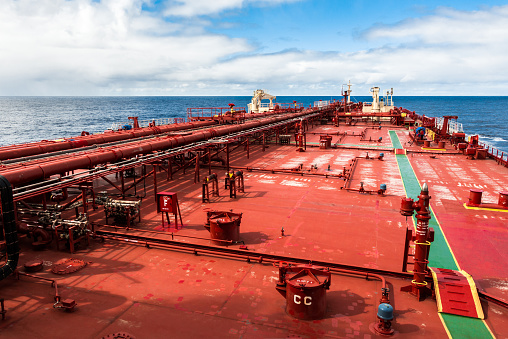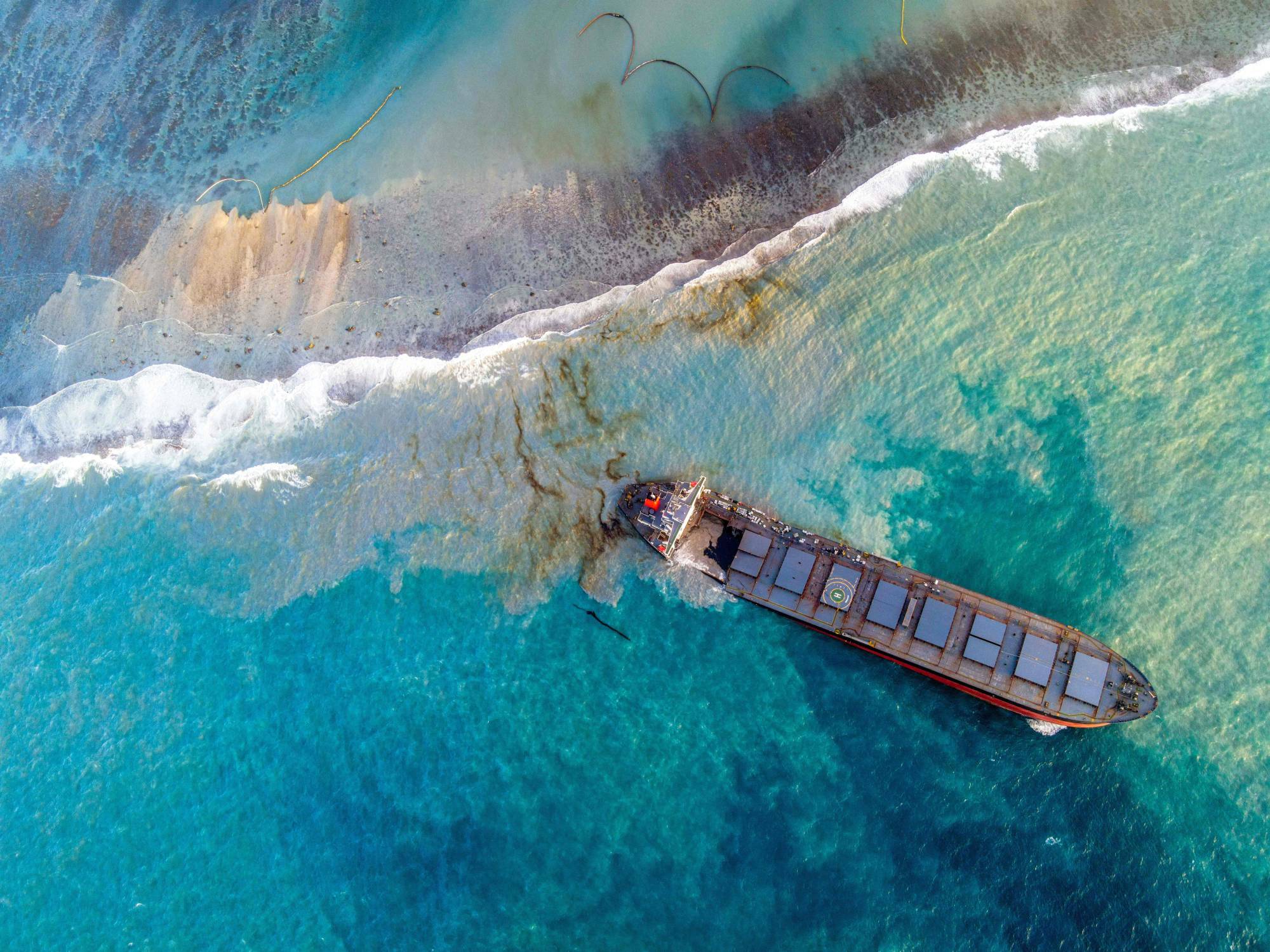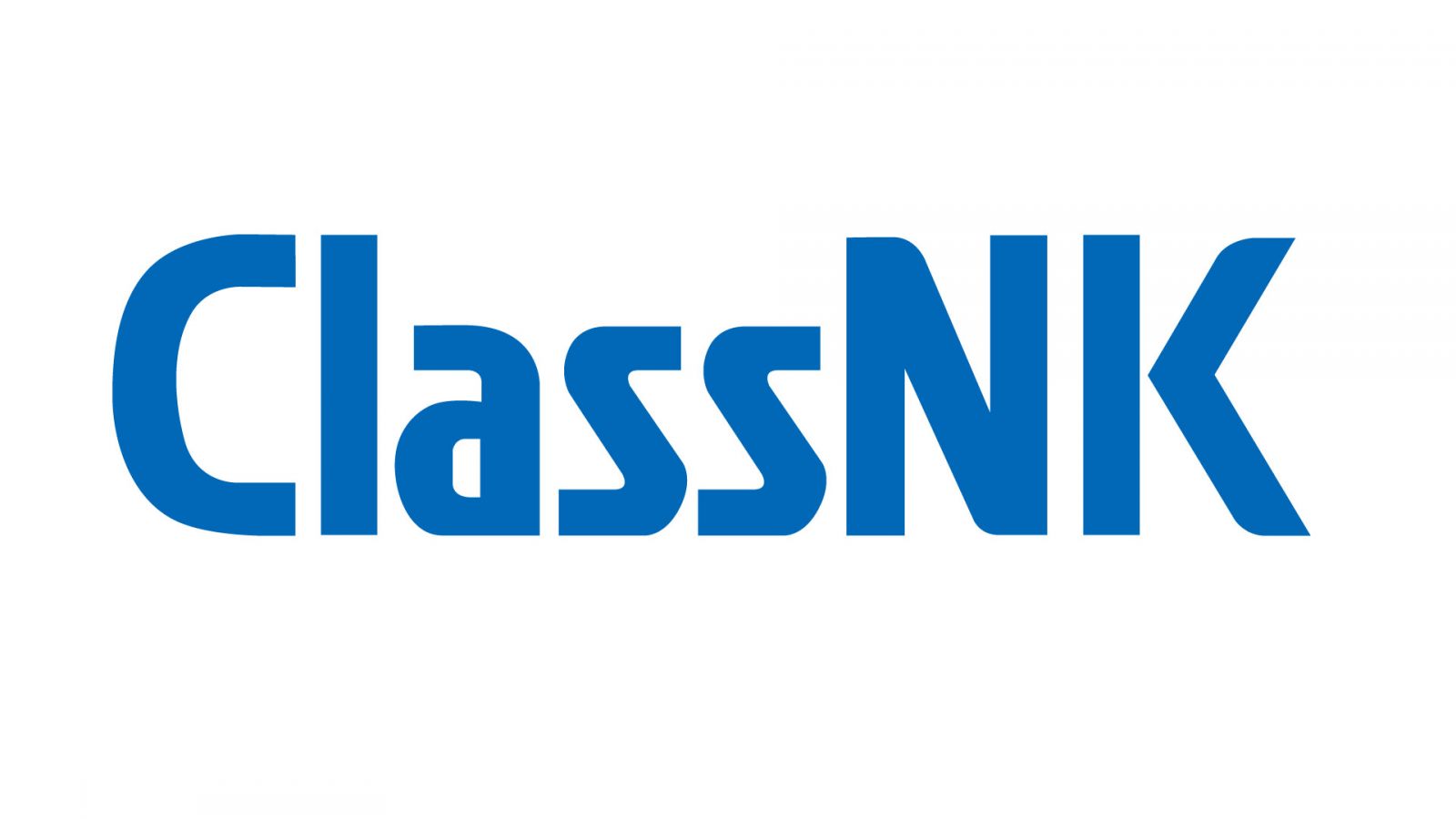The ship recycling market is still looking for new direction and some momentum. In its latest weekly report, a leading cash buyer of ships said that “ship recycling markets across South Asia and Türkiye remained largely steady but subdued this week, with activity levels staying muted in most regions. In India, the market saw a slight softening after holding stable in recent weeks, while domestic steel sales remain slower than usual due to seasonal weather and the approaching festive period. In Bangladesh, overall conditions remain weak, with HKC compliance delays continuing to limit yard availability and restrict buying activity. Smaller buyers remain mostly inactive, and concluding deals for small vessels has become increasingly difficult, often resulting in lower pricing levels. Pakistan also experienced quiet market conditions, with limited buying interest and few fresh transactions. The recent floods in Punjab province have added further pressure to an already slow market, alongside sluggish demand and restricted participation. In Türkiye, sentiment remains largely unchanged from recent weeks”.
“Although there are reports of increased steel mill activity, this has yet to reflect in local or import pricing, leaving the overall market direction uncertain for now. China has recorded a 320% year-on-year surge in semi-finished steel exports, reaching 7.4 million tons between January and July 2025, with July alone contributing 1.5 million tons. The rise, driven by weaker domestic demand and a strategic push toward overseas markets, is providing countries like Indonesia, the Philippines, Turkey, Italy, and Saudi Arabia with more affordable raw materials. This export momentum could influence global steel prices, shift trade dynamics, and intensify competition among international producers”, Best Oasis concluded.
In a separate note, shipbroker Intermodal commented that “the ship recycling sector showed little forward movement last week, with markets lacking clear direction. Meanwhile, China’s strategic push to expand steel exports, is channeling significant volumes abroad at competitive prices. This shift is expected to impact global steel and ship recycling markets in the months ahead. In India, the ship recycling market maintained a cautiously optimistic tone, with buyer interest easing into a more measured approach. Domestic steel demand softened slightly due to seasonal factors and ongoing September festivities, which are expected to moderately temper activity. HKC-compliant yards at Alang continue to operate efficiently, managing larger vessels without disruption and sustaining India’s competitive edge over competitors.
Overall, activity remains steady but selective, rather than broadly bullish. The Bangladeshi ship recycling market remains largely inactive, with activity muted and a prolonged shortage of new vessel arrivals. This slowdown is primarily due to ongoing delays in HKC compliance upgrades, which have constrained many yards from securing fresh tonnage. Subdued sentiment, combined with a sluggish steel market and macroeconomic pressures from rising inflation, continues to shape the outlook. In Gadani coast, the market witnessed subdued activity last week, constrained by seasonal floods in Punjab and the limited number of DASR-certified yards available. The floods also impacted the local steel market, adding to cautious buying behavior. Steel plate rates held firm at USD 621.9/ton, supported by a relatively steady PKR/USD exchange rate. Encouragingly, DASRbacked yards are gradually becoming operational, signaling a potential market recovery. Compared with India and Bangladesh, Pakistan enjoys relative insulation from trade policy uncertainties, ready to capitalize on opportunities. A flat week for the Turkish market. Reports of increased steel mill activity did little to influence prices, as participants maintained a cautious stance. The ongoing weakness of the Turkish Lira continues to weigh on sentiment”, Intermodal concluded.
Source: Hellenic Shipping News Worldwide




